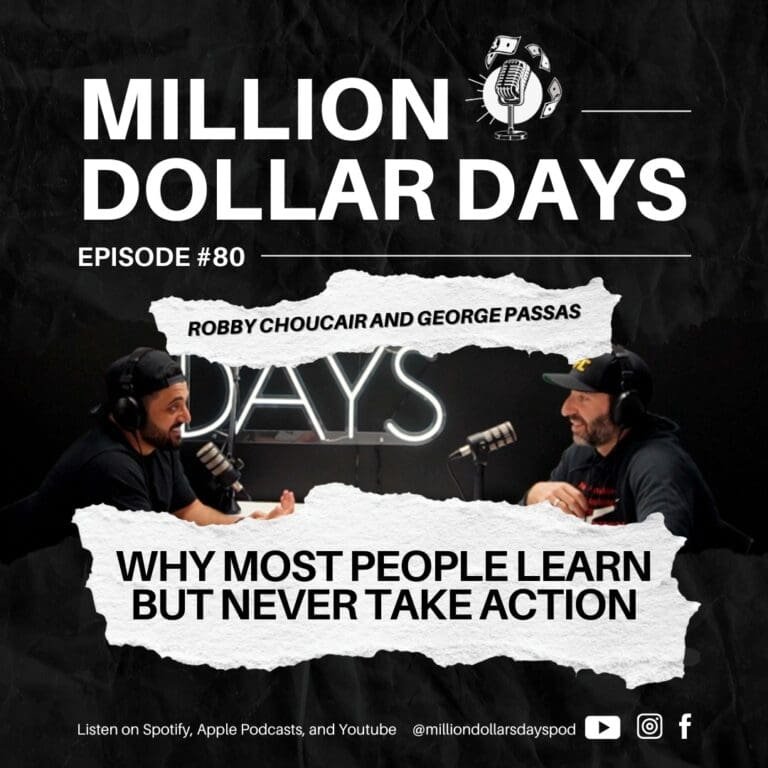The Productivity vs. Leisure Paradox: Finding Balance in the Entrepreneurial Journey
In our latest podcast episode, we delved into the eternal struggle entrepreneurs face: the tension between productivity and leisure. As business owners, we often find ourselves questioning whether taking time for hobbies and relaxation is a worthwhile investment or simply a distraction from our goals.
The conversation began with a lighthearted discussion about gaming, particularly FIFA, and how engaging in video games can sometimes trigger feelings of guilt. This experience resonates with many high-achievers who constantly battle the nagging feeling that any time spent not working directly toward their business goals is somehow wasted. But is this perspective truly serving us? Or is it preventing us from achieving the very success we’re striving for?
The definition of a hobby – “an activity done regularly in one’s leisure time for pleasure” – seems straightforward. Yet for many entrepreneurs, the concept of doing something purely for enjoyment without a tangible return on investment feels almost foreign. We explored various hobbies like jet skiing, watching football, reading, and even camping, considering how these activities might actually feed the person who is driving the business forward. This perspective shift is crucial: sometimes what appears to be a distraction might actually be the very thing that replenishes your mental and emotional resources.
Interestingly, we observed how we tend to demonize certain forms of leisure (like video games) while accepting others (like watching Netflix or taking vacations) without the same level of scrutiny. Is there really a fundamental difference between these forms of escapism? Or is it our perception and cultural biases that create artificial distinctions? Perhaps the issue isn’t the activity itself but rather the context and motivation behind engaging in it.
The discussion then shifted to what we call “self-development junkies” – people who constantly consume personal development content but never implement what they learn. These individuals attend every seminar, read all the books, take copious notes, but remain in exactly the same position year after year. Their problem isn’t a lack of knowledge but rather a failure to connect that knowledge to action. As we noted in the episode, “A person who reads one book a year and takes action moves further than the person who reads 100 and does nothing.”
This phenomenon extends beyond personal development into formal education as well. We touched on how traditional education systems can sometimes create individuals who excel at memorization and test-taking but struggle with practical application and innovative thinking. The analogy of testing different animals on their ability to climb a tree perfectly illustrates how standardized approaches often fail to recognize and nurture diverse forms of intelligence and capability.
For entrepreneurs struggling with the balance between work and leisure, our conversation offered a few key insights. First, recognize that activities that replenish your energy and creativity aren’t distractions – they’re investments in the person driving the business. Second, be honest about whether your chosen forms of leisure truly fill your cup or if they’re just forms of avoidance. Finally, and perhaps most importantly, focus less on consuming information and more on implementing what you already know.
The ultimate irony is that many entrepreneurs sacrifice leisure and personal enjoyment in pursuit of success, only to discover that this approach actually limits their potential rather than enhancing it. True success comes not from constant grinding but from strategic action combined with intentional rest and rejuvenation. As we concluded in our discussion, the goal isn’t to eliminate leisure from your life but to approach it mindfully, ensuring it serves your overall wellbeing and, by extension, your business success.
